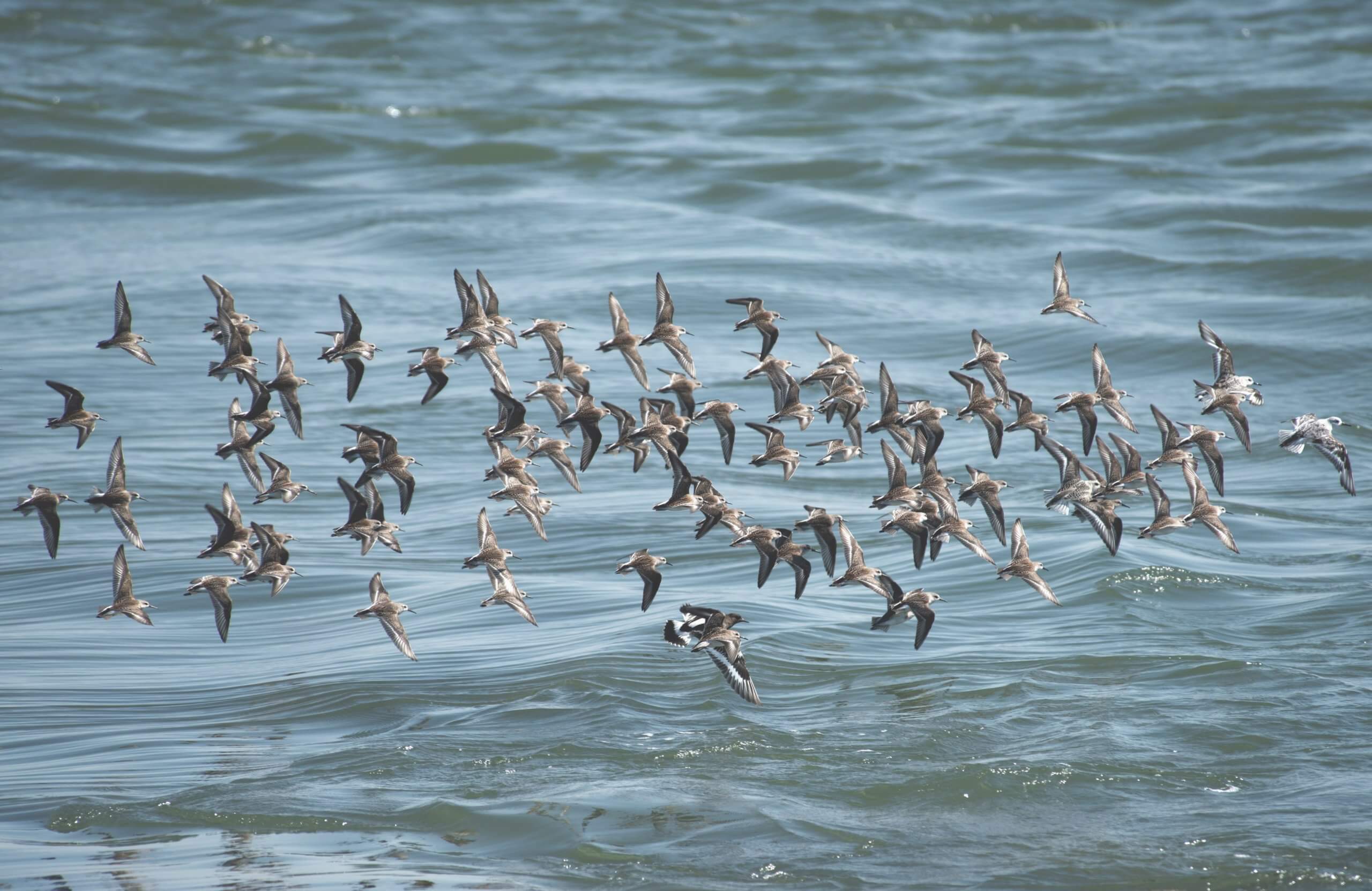As a research scientist, my attention to detail and obsession with being thorough were clear assets. Every project was meticulously planned and every data point double-checked. But now that my job involves being able to track the latest science across a huge range of topics, in addition to shifting policy and social contexts, these assets can sometimes weigh me down. I’ve had to come up from the depths and get better at skimming the surface (in marine biology terms, more snorkeling and less SCUBA). But with an unwieldy amount of information coming at me from a variety of outlets, even navigating the surface waters can be tricky. So this year, I’ve decided on a plan of attack to get my personal information management (PIM) in order.
It turns out PIM is a growing field of study, and Seattle (where I live) seems to be a hotbed for it. At the University of Washington, you can find experts who study PIM as well as those who teach classes on how to relax and focus amidst our lifestyles of digital multi-tasking. Seattle even hosted the 2012 Personal Information Management Workshop where this keynote presentation gave a short history of PIM studies.
Putting all of this together with the lively conversations at the recent ScienceOnlineSeattle event on #lifehacking, I decided to make a list of all the online tools I use to manage various sources of information. There are 15 of them. Given the many things on my plate each day, I quickly realized it’s untenable to regularly keep up with the multitude of tools I’d incorporated to streamline my life. So, I decided to prioritize. Here’s a breakdown of how often I aim to spend time catching up on the information tracked by each of these tools I use at work. (You might remember that some of these do double-duty in keeping COMPASS connected with each other since we are a distributed organization.)
Daily
- Twitter is by far the best way for me to track the top topics of discussion among scientists and science writers on a given day.
Every 2-3 Days
- Feedly is the easiest way I’ve found to check in with the latest posts on blogs I most care about, and as a bonus, it’s aesthetically pleasing.
- Evernote is currently my most successful multi-tracking tool as the home of my notes, to-do lists, web-clippings to be read later, and shared notebooks with colleagues.
Weekly
- Mendeley is home to my scientific paper PDF library as well as my (somewhat daunting) “To Read” library.
- Podcasts are admittedly a luxury I don’t always get to, but Science Times, Science Friday, Science Weekly, and Radiolab are great for science content, entertainment, and inspiration.
- Last, and probably least, I still have a lingering “To Read” folder in my email for those newsletters and shared content from colleagues that gets sent to me the old-fashioned way.
Of course, the above is my system for tracking and organizing information, but it’s still missing the most essential component: time to read it all. But at least I have neatly organized piles, plus a clear idea of which pile to attack and when. So, while I admit to still watching back-logged episodes of favorite TV shows strictly in chronological order and reading old magazines cover to cover, I’m at least making progress on my skimming skills at the office. In a perfect world, even as the infosphere continues to exponentially expand, I will strive to get the number of tools I use even lower. (Are you listening out there, start-ups?) And, of course, I’m always open to which tool I should try next…



